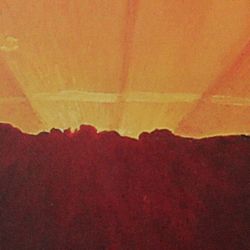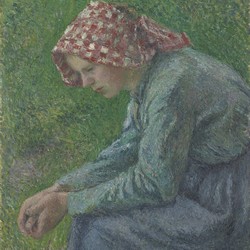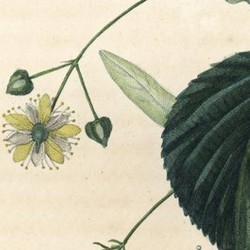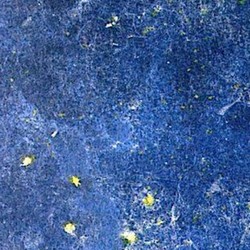- Details

Sometimes, being in the right place at the right time is a matter of luck. Other times, it’s the result of careful planning. When it comes to songs, they obviously can’t choose for themselves, and they depend on the judgement of performers, composers, or editors. And sometimes, poor things, they suffer the consequences of an unfortunate choice. Because, let’s be clear: it’s [...]
- Details

I've prepared the four posts dedicated to the Schubertíada programme well in advance, otherwise it would be impossible (it’s hard enough even doing it this way. But the moment comes when we’ve savoured the final concert and I must have something ready to publish forty-eight hours later, and the thing is, nothing’s ready yet. On the one hand, my head is [...]
- Details

We’ve reached the fourth and final post dedicated to the Schubertíada, in which we’ll talk about a single concert: the one by Julius Drake, the Quartet Gerhard, and Katja Maderer on Saturday, August 30th. The program includes chamber and Lied works by Tchaikovsky and Brahms (chamber music, in essence). In the central part of the concert, Maderer and Drake will perform a short selection of Lieder by both composers.
- Details

Some recordings become not only reference points, but legends. The transition from one to the other always carries a strong emotional component, which in this case is the premature death of the singer Kathleen Ferrier. The great contralto, with a brilliant career, died in 1953 at just forty-one years old. We can imagine the impact her passing had.
- Details

Last year, we listened to Alexander Zemlinsky for the first time here on Liederabend. I told you back then that the composer’s work had been largely forgotten after his death in 1942; fortunately, his name has reappeared in recent years, and his music is once again being recorded and performed (we’re speaking of a composer who was once highly regarded).












